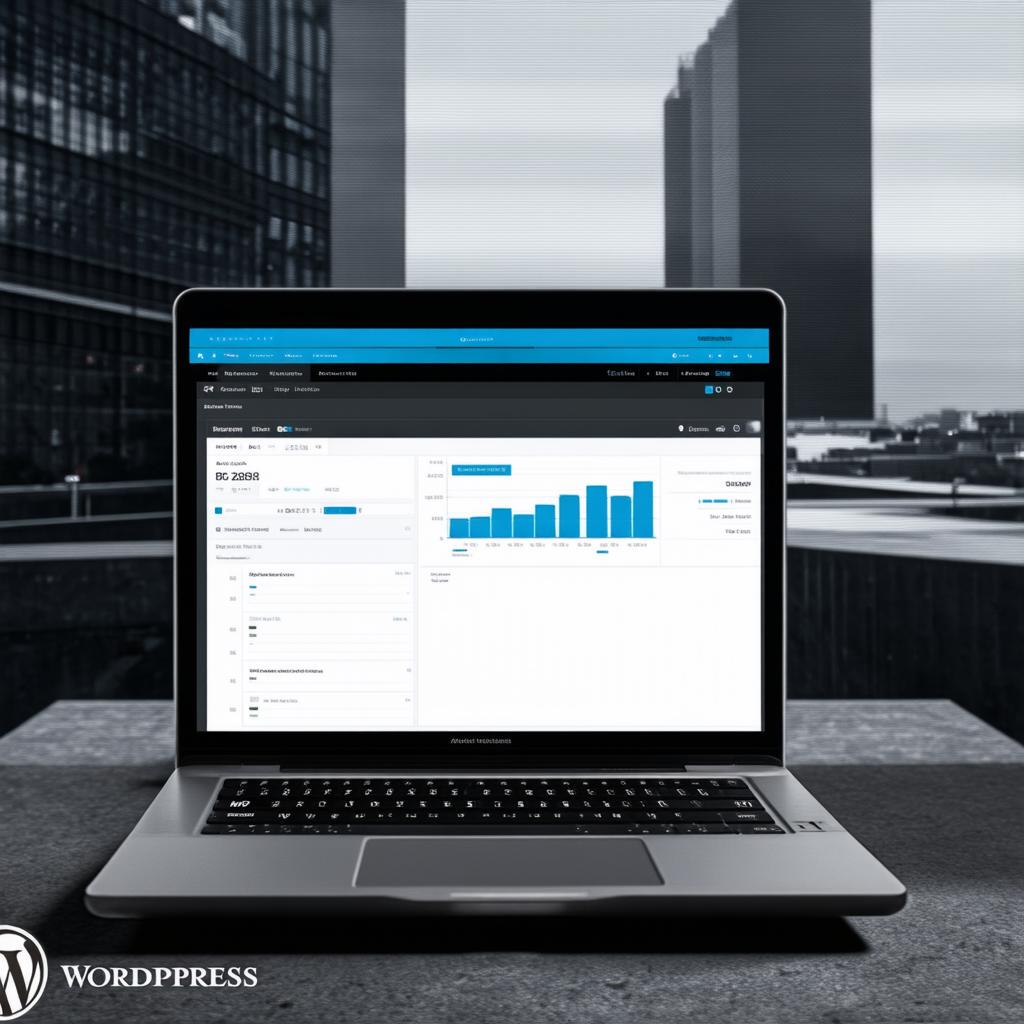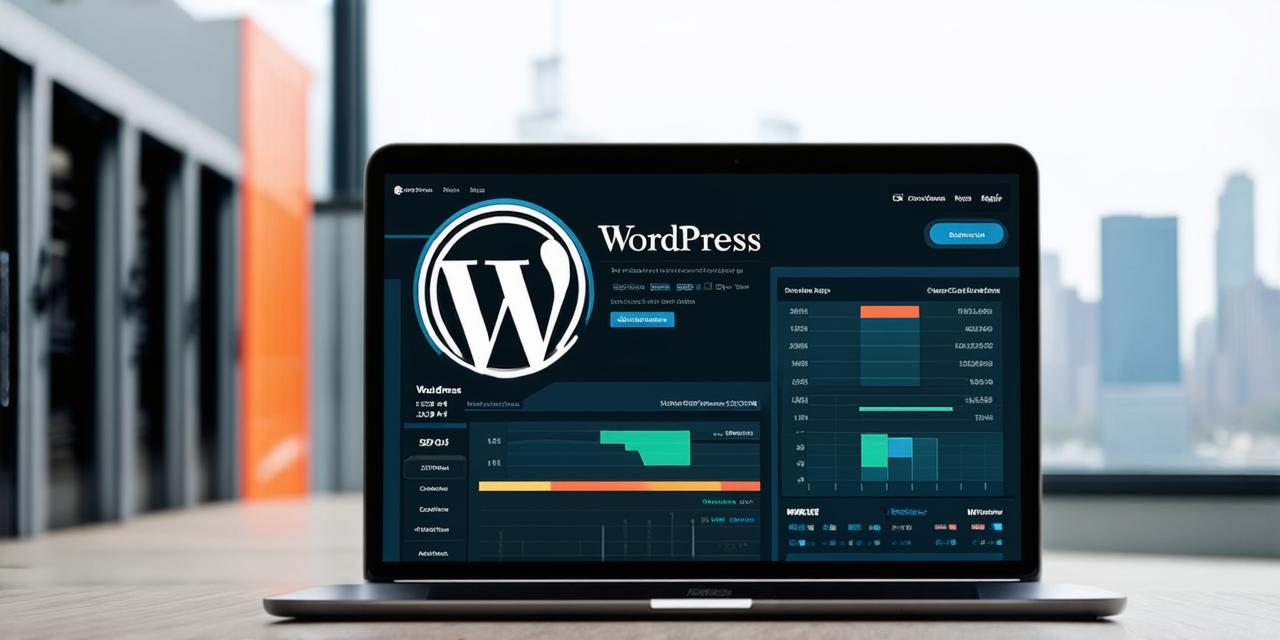
If you’re a hosting developer looking for an alternative way to manage your WordPress website, you’ve come to the right place.
In this article, we’ll explore how to use WordPress without a hosting service, including its benefits and drawbacks, as well as some real-life examples of websites that have successfully made the switch.
What is WordPress?
WordPress is an open-source content management system (CMS) that allows users to create and manage websites easily without any coding knowledge. It was first launched in 2003 by Matt Mullenweg and has since grown into the most widely used CMS on the internet, powering over 45% of all websites.
Why is WordPress so popular among developers?
One of the main reasons WordPress is so popular among developers is its flexibility. With a wide range of themes, plugins, and customization options, it allows users to create websites of any size and complexity.
Additionally, its user-friendly interface makes it easy to manage content and updates, even for those without much technical experience.
Using WordPress Without a Hosting Service
Using WordPress without a hosting service means that you’re managing your website directly on your local computer or server. This can be a great option for developers who don’t want to spend money on hosting services, or for those who prefer more control over their website’s infrastructure.
Benefits of Using WordPress Without a Hosting Service
There are several benefits to using WordPress without a hosting service:
- Cost savings
- More control
- Faster performance
- Greater flexibility
Drawbacks of Using WordPress Without a Hosting Service
While there are many benefits to using WordPress without a hosting service, there are also some drawbacks to consider:
- Technical expertise
- Limited scalability
- Increased responsibility
Real-Life Examples of Websites Using WordPress Without a Hosting Service
<p



